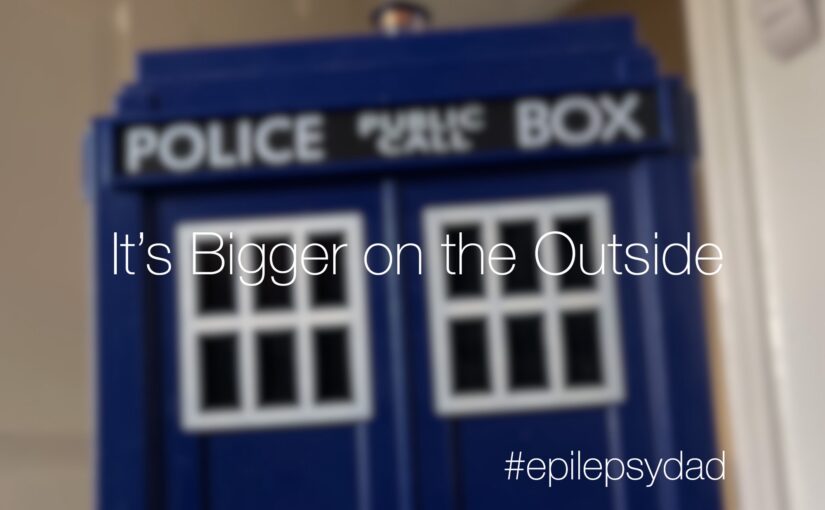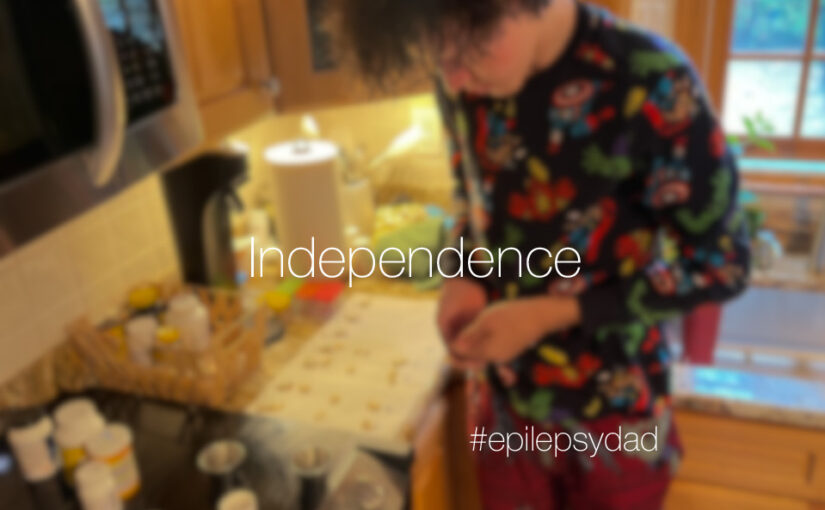I always imagined that I would have a bigger family. When my friends started having children, I saw the joy each baby brought into the world and wanted to fill our house with a family of our own.
The birth of our son was one of the greatest moments in my life, even though it was also one of the scariest. A doctor’s visit turned into an emergency C-section later that day, and my first moment as a father was standing in the operating room in scrubs, clutching my camera, watching as they lifted my son from behind a privacy screen.
That was during a SARS pandemic in the middle of a Colorado blizzard.
Even with the dramatic start to our family, I was ready to do it again once we found our footing as new parents. But then came postpartum depression. Then came the stress and pressure placed on a new couple that barely had time being married before they became parents. Then came the seizures. Then, it was taken out of our hands with a partial hysterectomy to remove a mass.
Everything about our plans for the future changed. Those were hard times, especially for my wife, both physically and emotionally. The idea of a big family was gone, but not having another child allowed us to focus on saving the one we did have. It also allowed us to work on healing ourselves and finding our way back to each other. The struggle and the journey led us to the amazing family we do have.
We added our son’s service dog to our family a few years ago and another poodle to the unit last year. These additions did wonders for our son’s expressions of empathy and compassion as he learned to connect with other living creatures. Although not quite a sibling, our son still formed a close relationship with them that continues to deepen.
This summer, we welcomed a new, if only temporary, member into our home. One of my wife’s former students, who has her own challenges, came to stay with us. While the change of environment, I think, has been beneficial for her, her presence has also had a noticeable difference for our son and our entire family.
Even before her arrival, my son was thinking of ways to make her feel at home. He helped get the house ready, created the “Welcome” sign we held when we picked her up from the airport and gave her space and attention as she adjusted to her new environment.
She is a few years older than our son, but she understands him. They’ve found ways to interact, whether it’s playing Minecraft or chess together or her watching him play basketball or hockey in the driveway. She’s patient as he tries to explain how to shoot the ball or swing a hockey stick, giving him someone to interact with rather than being isolated on his electronics.
Her presence was a catalyst for changes we struggled to make as a family stuck in our routines. We’re eating more meals together and having conversations at the dinner table. We’re experiencing the excitement of giving her a few firsts, or firsts in a while, going to baseball games and concerts, and including her in our family rituals.
With the challenges our son and our family faced years ago, we couldn’t have done this then, or it would have been a much different experience. There is a reason this is happening now, both for us and for her. I’m grateful for the changes I see in our son and our expanded family.
For however long it lasts.



